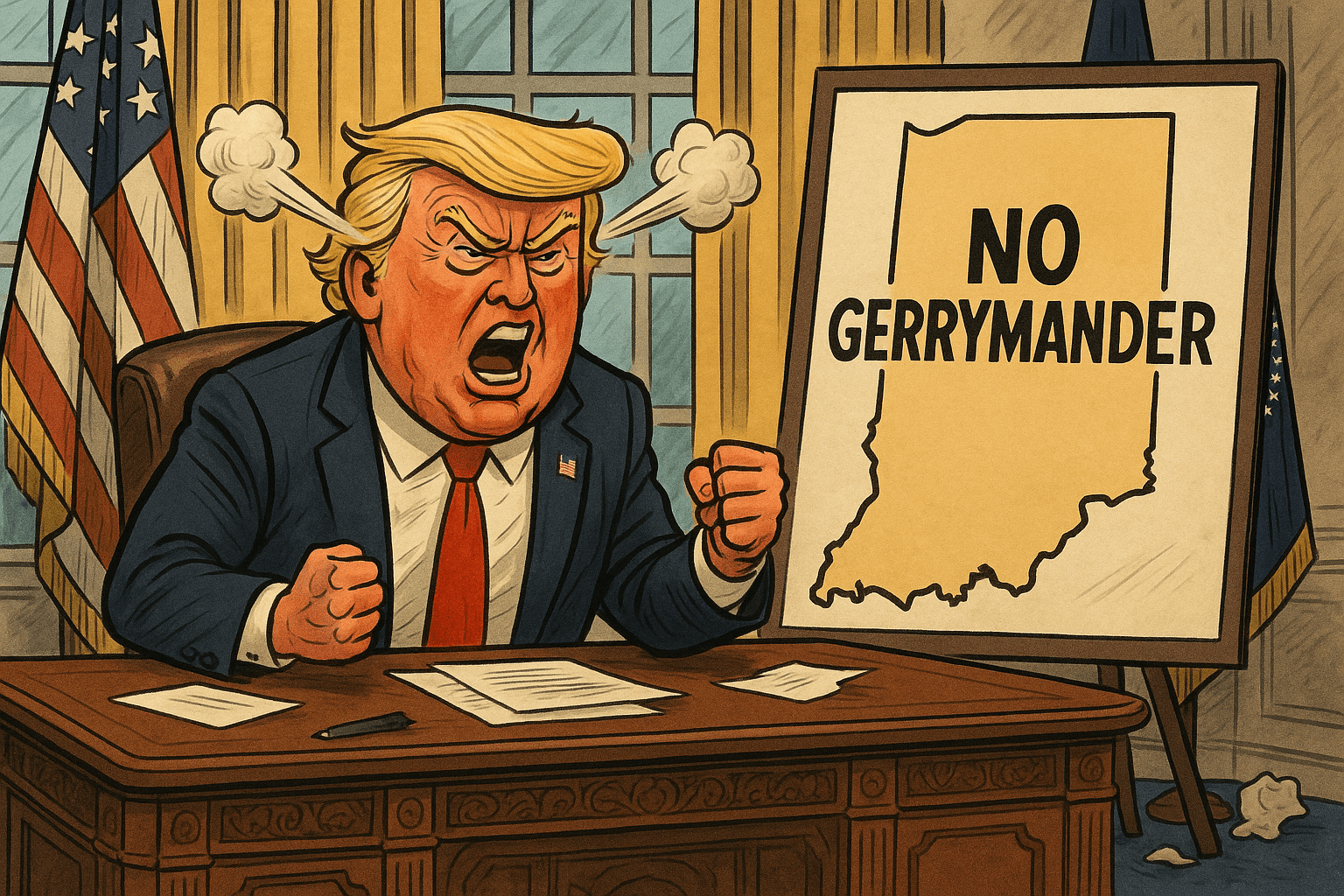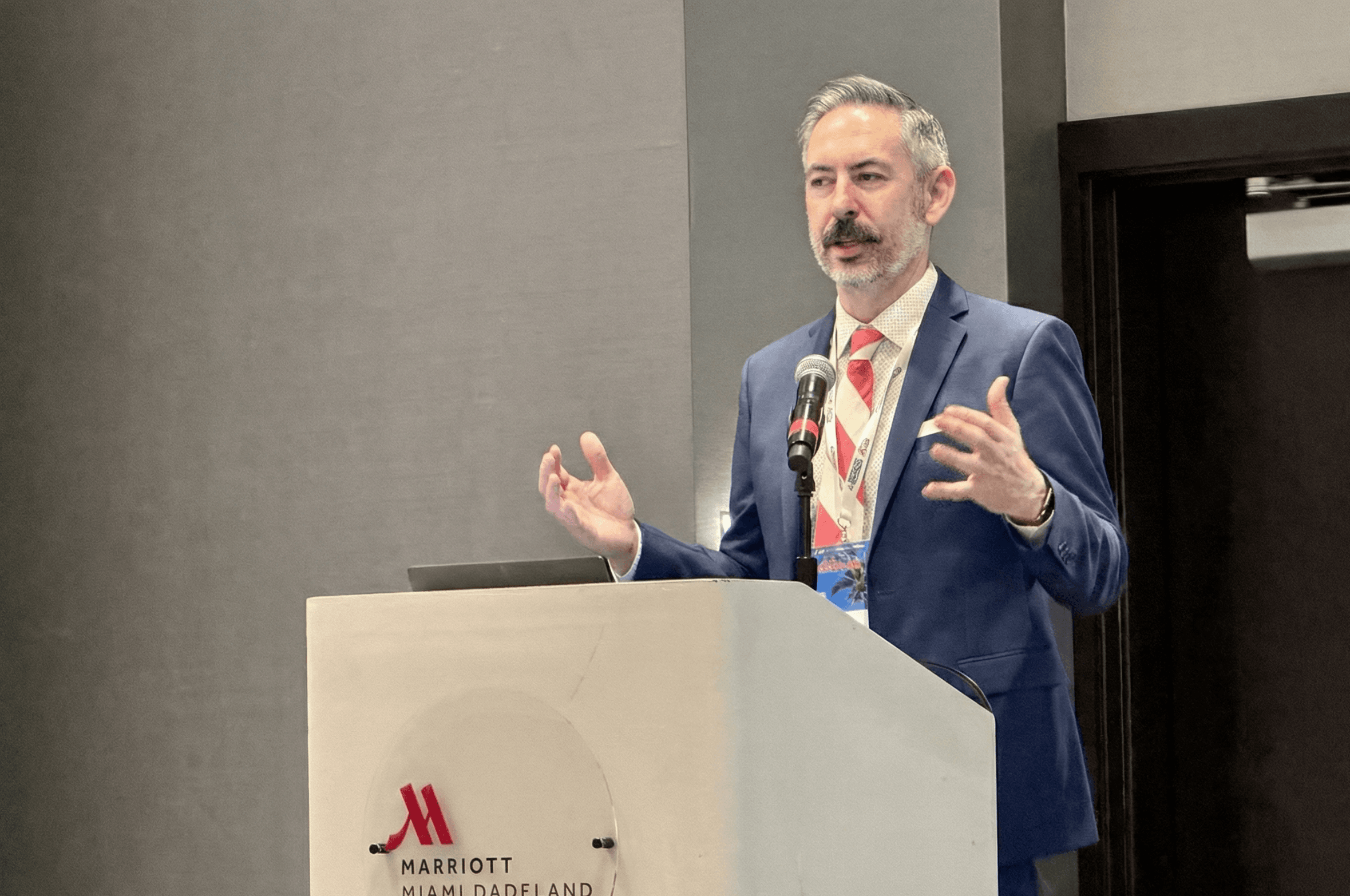The Primary Problem: Only 8% of Voters Elect 83% of Our Representatives

In his latest podcast, former Democratic presidential candidate and Forward Party Co-Founder Andrew Yang sat down with Unite America Executive Director Nick Troiano. Troiano is the author of the recently released book, "The Primary Solution: Rescuing Our Democracy from the Fringes."
Troiano describes Unite America as a "philanthropic venture fund that invests in nonpartisan election reform across the country." This includes efforts to change the way primary elections work to a nonpartisan system that fosters greater accountability and better representation in elections.
"We do have broad agreement that politics is broken. We're at 69% of Ds and Rs agree that democracy is in danger of collapse. But there isn't consensus on what the problem is," Troiano said.
He explained that most people asked the question of what is wrong with the US political system might point to politicians -- "whether that is MAGA extremists or Democratic Socialists." A person who asks this question might also hear people talk about money in politics and gerrymandering.
"I wrote this book because I fundamentally believe that the biggest solvable problem is our system of party primaries," he said.
Awareness is growing that primary elections are the most critical stage of the elections process in most elections in the US because the demographics in so many electoral districts favor one party or the other. And yet, tens of millions of voters are denied equal access to these taxpayer-funded elections.
ALSO READ: Over 23.5 Million Independent Voters Are Disenfranchised in 2024 Primaries, Study Finds
"When we looked at this in 2022, we found that 83% of congressional districts are so safe for either the Democratic or Republican Parties that the dominant party's primary was the only [election] of consequence, and nationally only 8% of eligible voters cast a ballot in those primaries," Troiano said.
In other words, less than 10% of voters across the country decide who is elected to most seats in Congress. This creates an incentive for elected officials to only represent a minority of the voting population -- because they only need to be accountable to primary voters to keep their seat.
Incentives play an important role in how elected officials govern and behave. US elections create an incentive to placate partisan primary voters only. Political parties even use primaries as a weapon against their members to keep them in line. Many voters have heard the phrase "getting primaried."
The purpose of nonpartisan primary reform is to change the incentives. Take control of primary elections out of the hands of parties and put it in the hands of all voters, and elections no longer serve the private interests of party leaders but the public benefit of electing responsible representatives.
If US voters want better outcomes from elected officials, then they need to look at how these elected officials are put into office. A system controlled at every level by the parties is only going to serve the interests of the parties -- and not voters.
Yang and Troiano dive deep into this topic, including the history of primary elections and the growing momentum behind efforts to create nonpartisan Top Four and Top Five primary systems to independent voters equal voting rights and provide more choice and competition in elections.
Check out the full conversation above.
 Shawn Griffiths
Shawn Griffiths





